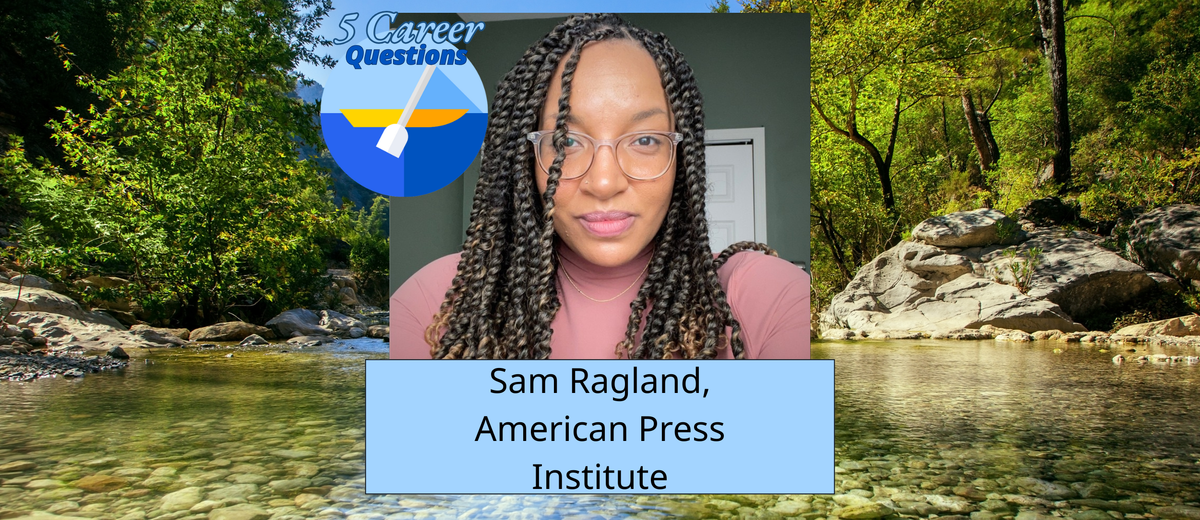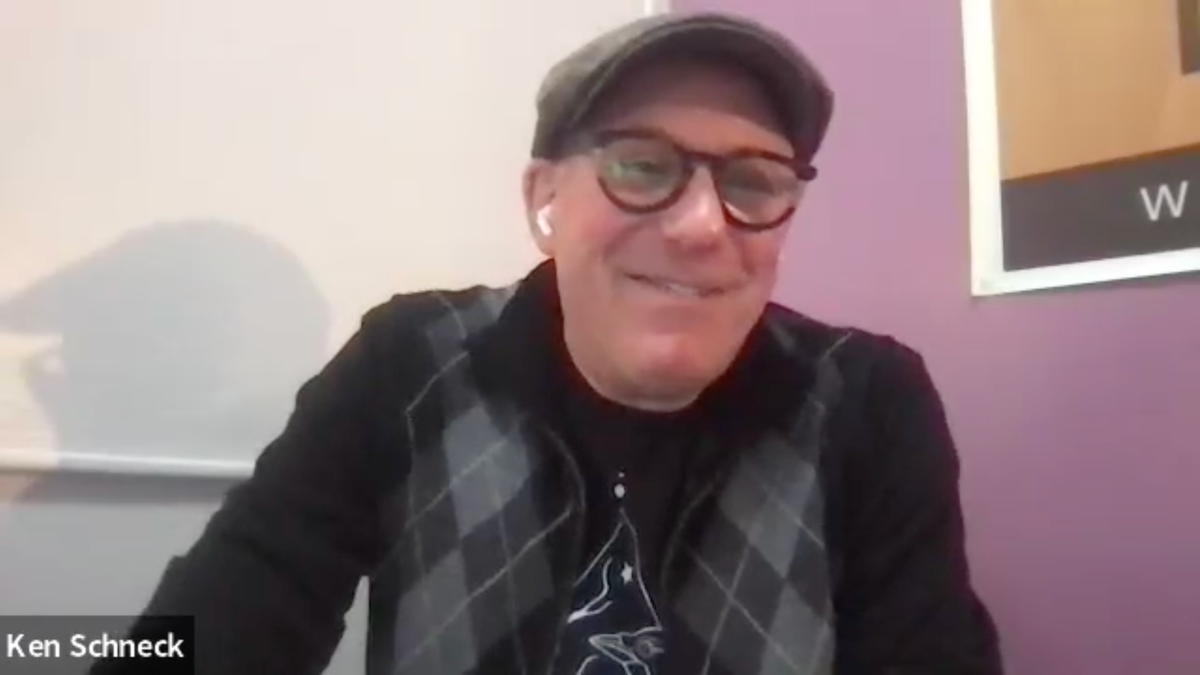Bullsh*t burnout advice
“Get outside.” – I feel like a husk of a human but hey, at least that husk has gotten some Vitamin D.
“Take some time off.” – Oh good, now there’s even more work piling up for me to handle.
“Can’t you delegate that?” – Mmm, and risk looking like I’m overwhelmed? No thanks, I can *grits teeth* handle it.
Merely suggesting people take time for self-care gets nowhere near the real, systemic causes of the burnout crisis. You can’t throw a glass of cucumber-infused water on a building engulfed in flames and call it a day.
In The End of Burnout, Jonathan Malesic (who himself burned out as a theology professor) explains why the standard, self-care focused advice for addressing work-related exhaustion doesn’t get to the root of the problem. He says burnout is caused by a gap between our ideals for work and the disappointing reality.
Essentially, the problem is that we are too invested in the hope that our work will offer fulfillment. And to be honest, employers aren’t offering their employees the same level of investment that people are expected to put into their work: “you have high expectations for your job performance but no guarantee that your conditions will meet those ideals or that you will even get to keep your job,” Malesic writes. It’s not an individual problem. It’s a societal one.
“We burn out when what we actually do at work falls short of what we hoped to do. Those ideals and expectations are not only personal, but cultural. In the cultures of wealthy nations, we want more than just a salary from our jobs. We want dignity. We want to grow as persons. We might even want some transcendent purpose. And we don’t get these things, in part because work has become emotionally more demanding and materially less rewarding over the past several decades.” – The End of Burnout, p. 71
That’s not to say the situation is hopeless, and Malesic offers several examples of communities and workplaces that have reimagined, with some success, the role work has in our lives. It also means we’re not alone – Malesic suggests that, with half of workers experiencing some form of burnout at any given time, the vast majority experience it at some point in their careers. And he notes that the post-pandemic period “is our best chance in half a century to change the culture of work.” The key, he says, is collectively improving working conditions and getting ideals more in line with reality.
I was especially struck by his argument that a “moral revolution” is needed to reduce burnout, “in which we value something higher than our work and place compassion for workers ahead of maximal productivity.” It’s hard to imagine a world where I’d respond to the question, “So, what do you do?” by saying that I like to read and I’m raising three kids, instead of sharing what I do for work. But it’s fun to think about.
On one hand, this feels challenging. How on earth are we supposed to reframe an entire culture’s expectations around work, and redesign the structures that support it? But the more I think about it, the more this definition of burnout feels more useful and true than simply going to the beach for a bit until you feel better.
Self-care alone won’t cure burnout. And it will take time and collective effort to transform the reality of work. In the meantime, reimagining what we care about, looking at both our work and our lives, is a good place to get started.
Happy navigating,
Bridget
Related



What experience offers a contrast to burnout? Supporting subscribers get instant access to special resources on each post to apply the Career River to their work journeys. Upgrade anytime for access.
🛶 Career River Connection 🛶
Support for considering your next career move


